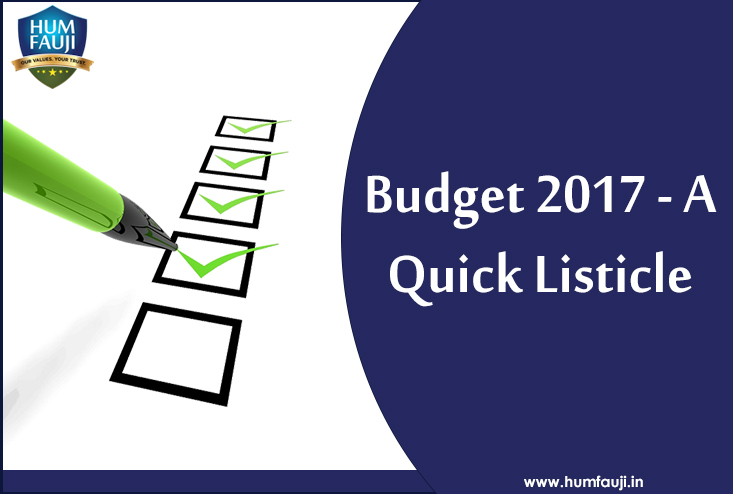What does debt investing mean? I understand ‘debt’ to be money borrowed. But I want to invest!
When you lend your money to a bank (by putting your money into your savings bank account or making a bank deposit) or to a company (by investing in a company deposit) or to the government (by investing in bonds offered by state institutions such as IRDA – Insurance Regulatory And Development Authority & SIDBI – Small Industries Development Bank of India, etc. or making your Public Provident Fund (PPF) deposits or by investing in post office schemes), you are making ‘debt’ investments. While for you it actually means saving or investing money, for the borrowing entity (the bank, the company, the government, etc.), it means borrowing money.
Debt investing – through Mutual Funds! But I thought Mutual Funds only invest in equity?
Mutual funds are actually money managers. They offer different schemes to investors:-
* Equity Schemes mainly invest in equity shares of companies;
* Gold Schemes invest in physical gold or in shares of companies whose business is gold mining or gold processing
* Debt Schemes invest in debt securities such as treasury bills, government securities, corporate bonds, money market instruments and other debt securities, which are not linked to stocks or shares.
Does that mean that Mutual Funds invest in the same debt investments that I can directly invest in? If that is so, then why should I invest through mutual funds? I can invest directly!
There are 3 reasons why it makes sense to invest in debt through Mutual Funds:
- Mutual funds give you access to certain debt securities such as government securities (money market, treasury bills, etc.) which you would probably not be able to invest in directly.
- Your debt investments are professionally managed by experienced debt fund managers. In fact, debt fund managers trade in debt securities on the debt segment of the stock exchanges with an aim to earn capital gains on these debt securities. This may help you get additional returns on your debt investments.
- Investing in debt through mutual funds offers you tax benefits too. For instance, interest earned on a bank deposit is tax deductible if it exceeds Rs. 10,000 while dividends earned on your debt mutual funds are tax-free in your hands. Besides, if you hold your debt mutual fund for more than a year, the capital gains you earn are taxed at a reduced rate of 10% [Tax on long term debt mutual funds is 10% without indexation or 20% with indexation, whichever is lower].
So, how do Debt Mutual Funds work?
Mutual funds offer various debt schemes (income funds, gilt funds, short term debt funds, etc.). These schemes invest in a portfolio of fixed income instruments like bonds, debentures, treasury bills, commercial papers etc.
A debt scheme can be an ‘open ended’ one or a ‘close ended’ one. An ‘open ended’ scheme is available for investing all the time while a ‘close ended’ scheme is available for investing during the New Fund Offer (NFO) period only, and is later listed on the exchange where it can be traded.
Mutual funds collect money from investors in a debt scheme and then invest this money in debt securities as per the scheme’s objectives.
Just like equity is bought and sold on a stock exchange, there is a debt market where fund managers trade in debt securities. . While most securities are traded over the counter, Gilt or Government Securities are traded on the NDS platform, operated by the Reserve Bank of India. The market price of a debt security varies with interest rate movements. So, a portfolio of debt securities could incur capital gains or losses depending on the interest rate movement at the time of sale or valuation. This gain or loss is realized at the time of sale of the security and is typically reflected in the NAV movement of the debt scheme.
Please remember that Debt Mutual Fund investments are subject to interest rate risks due to fluctuations in interest rates prevalent in the economy.
(Source: ICICI Prudential write-up on www.myuniverse.co.in)
Col (retd) Sanjeev Govila
CEO, Hum Fauji Initiatives
Visit our Blog, https://humfauji.in/blog or facebook page http://www.facebook.com/HumFaujiInitiatives or follow us on Twitter https://twitter.com/#!/humfauji to get latest insight on matters financial














Leave a Reply